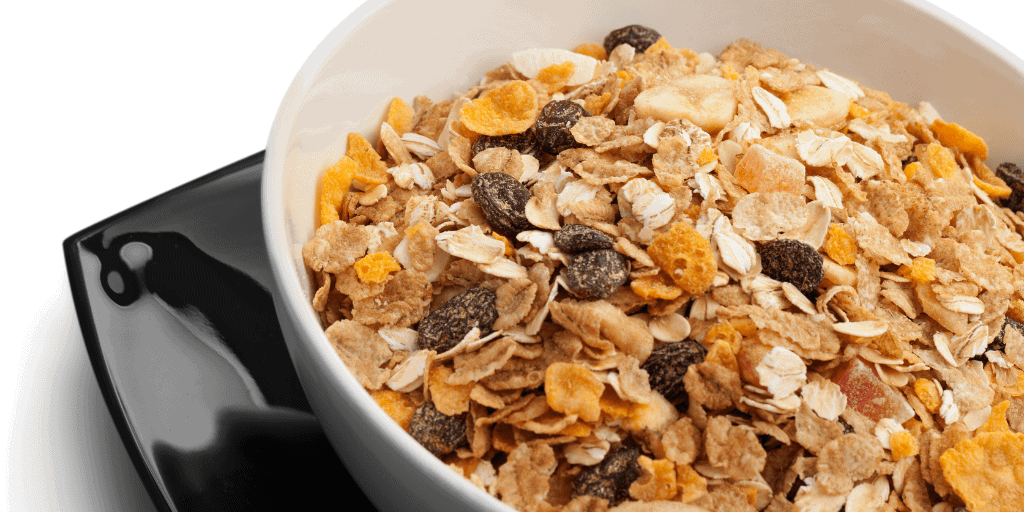4 Supplements That Affect Your Nutrition and Mental Health
Your brain is an impressive organ. It is continuously working, day in and day out. It not only runs essential functions of your body like breathing, heart rate, metabolism, and digestion, but also to allow you to think, move, feel, and communicate.
This remarkable and complex organ requires a constant supply of “fuel” to perform these functions correctly, continuously, and seamlessly. That fuel comes from the things we eat and drink, and the quality of that fuel directly impacts the performance of our brains. If parts of the brain aren’t working correctly, the whole body suffers, with negative impacts on physical and mental health. While we know a lot about the effects of diet on physical body systems (like cardiovascular health), more and more information is emerging about the effects of diet on mental health. The better we understand the ways in which nutrition, vitamins, and minerals affect our mental health, the more we can adjust what we put into our bodies to achieve the best possible outcomes for mood, energy, and wellbeing.
Below are 4 common dietary components to consider when choosing foods that may positively impact your nutrition and mental health. Be sure to talk to your healthcare provider about your typical daily diet and how you can work towards a better balance of necessary nutrients.

1. Omega-3 fatty acids
Omega-3 fatty acids are commonly found in several types of fish or can be taken through a fish oil supplement. Omega-3s play an important role in central nervous system function and can affect structure and function of various proteins and receptors in the brain. Studies have shown low levels of omega-3 fatty acids in individuals with depression, schizophrenia, postpartum depression, and other mood disorders. Research supports supplementation with fish oil or increased fish in the diet as beneficial in reducing or even preventing symptoms of many of these disorders. Some of the best food choices to get your omega-3 levels up include salmon, cod, mackerel, or walnuts, or taking a daily fish oil supplement.

2. Iron
Iron is an essential mineral in the body and is used to help red blood cells carry oxygen through the body. Iron deficiency can result in a condition called anemia, where the body’s red blood cells are too small, too weak, or there are too few to do their job efficiently. This not only results in weakness and fatigue, but may also interfere with levels of serotonin, dopamine, and other hormones in the brain, leading to anxiety, depression, poor focus, trouble sleeping, or irritability. Iron levels are often tested in children before a diagnosis of ADHD is made, as many of the symptoms of this disorder can be attributed to iron deficiency. Dietary iron is found in many foods, including green leafy vegetables (spinach, broccoli, etc.), beans, red meat, lentils, and fortified cereals. Incorporating iron rich foods into your daily diet is beneficial, but depending on your current level of iron, an over the counter or even prescription strength daily supplement may be needed.

3. Vitamin D
Vitamin D is a nutrient utilized by the body for several functions, including absorption of calcium, bone growth, cancer prevention, heart and blood pressure health, and immune system function. Vitamin D also plays an important role in mental health and mood regulation, with a deficiency contributing to things like poor sleep and circadian rhythm dysfunction, decreased alertness, low motivation, and memory problems. Our primary source of vitamin D is through exposure to sunlight, but it is also found in some foods like fish and eggs. Dietary supplements are available over the counter or at prescription strength, however this is a fat-soluble vitamin, meaning any excess will be stored in the body, so it is best to have your levels checked by your healthcare provider before taking a supplement in order to avoid an overdose.

4. Vitamin B12
Vitamin B12 is a vital nutrient for structure and function of the brain and nervous system. It contributes to the regulation of hormones like serotonin and dopamine which play a huge role in mood regulation, nutrition and mental health. A B12 deficiency can lead to fatigue and poor concentration and can contribute to symptoms of anxiety and depression. Dietary sources of vitamin B12 include seafoods such as clams, sardines, salmon, trout, and tuna, and other foods like fortified cereals, eggs, and dairy products. It is also available via over the counter or prescription strength supplement.

About the Author
Sarah Schulze, NP
Sarah Schulze is a certified Pediatric Nurse Practitioner, specializing in Behavioral Mental Health medication management for children, teenagers, and young adults. Her mission is to establish effective and lasting health practices, so that a client can optimize their quality of life. In her previous experience, Sarah has worked as a Pediatric Nurse Practitioner, where she provided services to clients ages 0 to 23 years-old in a private medical practice. She has experience working with ADHD, ODD, OCD, and other mental health issues.
LOOKING FOR Extra support with medication management or Nutrition coaching?
We are here to help you with your nutrition and mental health. We offer medication management, therapy, and counseling services in Champaign, Urbana, and Mattoon. There are no long wait lists and we are accepting new clients. We would love to see if we fit your needs well. Contact our client care team to get started.
